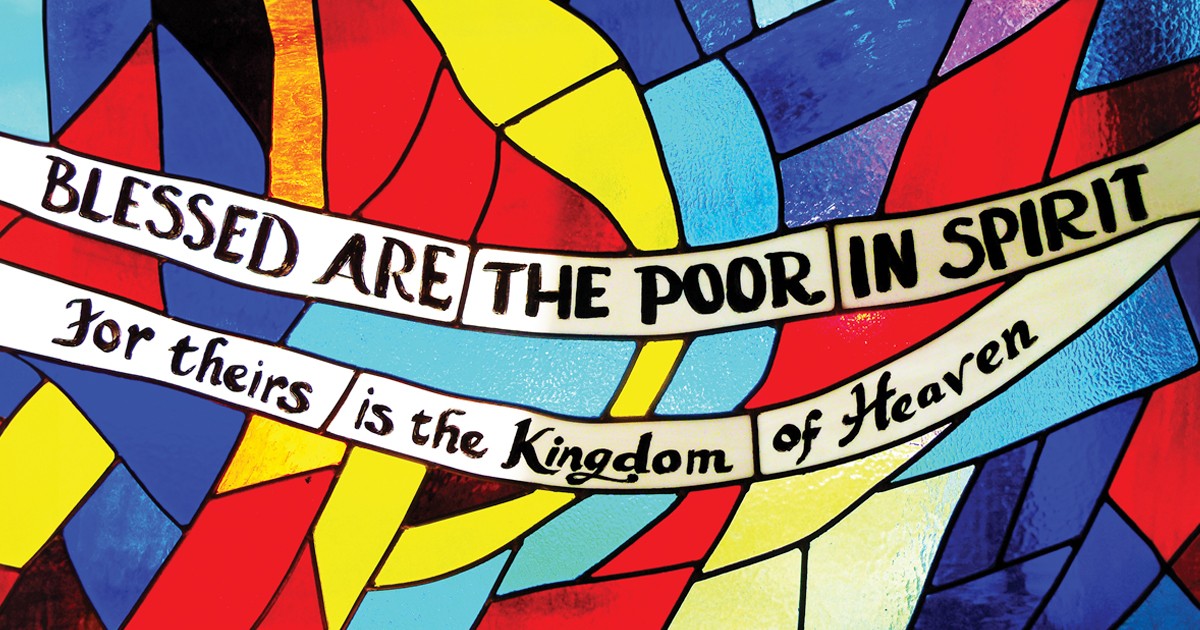It’s often said that Christianity is a “white man’s religion,” a reference to the way the Bible has been misused as a means of control and deception against people of colour.
It is no secret that white men have used the Bible for their personal gain or that colonizers wielded it like a weapon in warfare to steal land, people and resources. This part of Christian history has often led to questions surrounding the authenticity of the faith, and if it is indeed a faith fit for people of colour.
When you actually stop and look at the Bible in its historical context, you will find that the origins of the Christian faith are far from white, although they may have been whitewashed over time.
But the fact remains that the history chronicled in the Bible, the history of Jewish, Muslim and Christian faiths, is indeed the history of men and women of colour. The history of Black people.
As the world turns its attention to Black History Month in February, it’s fitting to prompt a reflection on the “Blackness” of the Bible and the contribution it makes to Black history.
Intertwined History
Let me be clear that the premise of this reflection is the belief that the Bible is a historically accurate book. With that being said, if you believe the Bible to be historically accurate, you will see that it broadly chronicles the origins of humanity.
Bible characters have been typically portrayed in popular culture as white and European, but I think we can all admit that this is not accurate. The history of African people is intertwined through the pages of the Old Testament and the New Testament, right from Genesis.
You probably won’t find the words “Black” or “African” in original translations of the Bible. Instead, you will read terms such as “Ethiopian,” “Cushite” and “Egyptian”—all of which are tribal terms that trace their ancestry back to the continent of Africa.
Representation matters, even—or perhaps especially—in religion and it is important to acknowledge the presence of people of colour in Christian history: people like Zipporah, Moses’ wife, and Makeda, the queen of Sheba; Ham, the son of Noah, and his grandson, Nimrod, the first ruler recorded in the Scriptures; Hagar, Abraham’s mistress and the mother of his son, Ishmael.
And you can’t forget the two Simons. Simon the Zealot, one of Jesus’ 12 disciples who converted to Judaism by circumcision, and Simon of Cyrene, who infamously carried Jesus’ cross.
These are just a few figures in the Bible whose race and ethnicity are clearly defined as African. Others are more obscured as the Bible does not often go into detail on skin colour. But based on the geographic allocations of key cities in the text, one could very easily assume that most of the Bible’s key figures are people of colour.
"Representation matters, even—or perhaps especially—in religion and it is important to acknowledge the presence of people of colour in Christian history." Juanae Crockwell
It is frequently said that the colour of our skin is immaterial to God, as He looks at the condition of our heart instead. While this may be true for a perfect being such as the Creator, imperfect humans are still deeply impacted by skin colour. Human nature is drawn to what is familiar. We resonate with and gravitate to what we identify as our own.
Perhaps this is why the images of biblical figures have often been painted as white Europeans by white Europeans.
Foundation of Faith
This reflection is not meant to be divisive. But recognizing that many integral biblical characters were men and women of colour is an important acknowledgment to make. An acknowledgment that still causes discomfort and reluctance because it challenges the world view that Christianity has often maintained.
Uncovering, acknowledging and accepting the Black presence in the Bible can assist the religious community with addressing racism within the church and creating spaces to discuss issues of racial justice and equality.
It can also provide Black millennial believers a sense of belonging, something we truly look for in religious spaces because we struggle to find it elsewhere.
As we take time to intentionally reflect on the history of people of colour this month, let us be sure to include, emphasize and celebrate the roles of people of colour in the Bible and the foundation of the Christian faith.
The history of the Bible is indeed the history of Black people, and that is something all Christians can celebrate.
Reprinted from The Royal Gazette, February 7, 2022
Juanae Crockwell is the religious correspondent for The Royal Gazette in Hamilton, Bermuda.
Photo: Tinnakorn/stock.Adobe.com
This story is from:










Comment
On Friday, February 3, 2023, Aimee Patterson said:
Leave a Comment